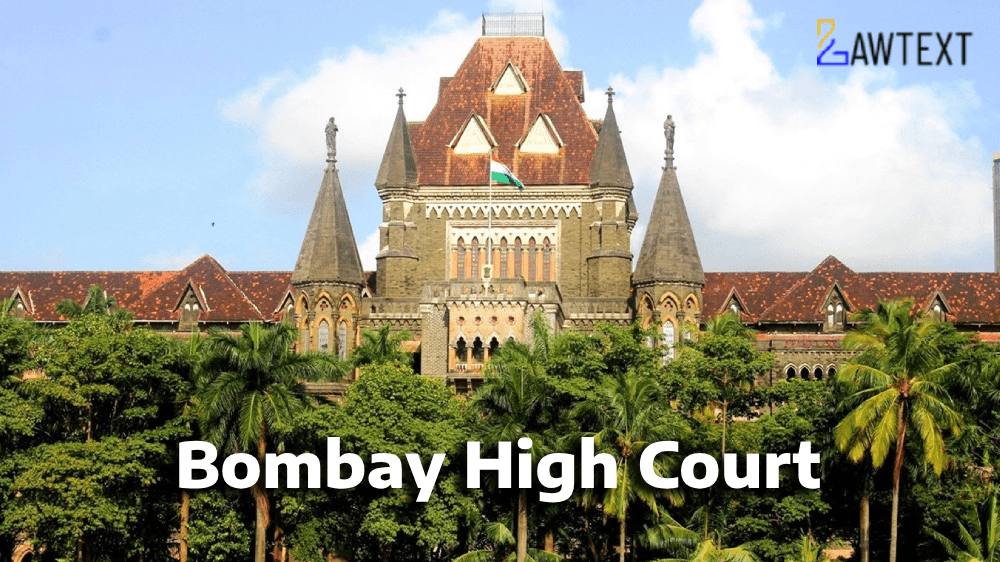

The Bombay High Court assessed the legality of the Reserve Bank of India's (RBI) supersession of the Board of Directors of Abhyudaya Co-operative Bank under Section 36AAA of the Banking Regulation Act, 1949, in light of constitutional provisions under Article 243ZL and Part IXB. The court primarily evaluated whether the provisions of Section 36AAA were consistent with the constitutional limits set for supersession of boards of co-operative societies and addressed procedural compliance by the RBI.
Petitioners' Contention:
Petitioners challenged the RBI's order dated November 24, 2023, superseding the board of Abhyudaya Co-operative Bank for one year. They argued that Section 36AAA of the Banking Regulation Act, 1949, ceased to operate after the introduction of Article 243ZT under Part IXB of the Constitution. They claimed this violated constitutional limits of six months for supersession under Article 243ZL.
RBI's Authority:
RBI justified the order under Section 36AAA, asserting it acted to safeguard public and depositor interests, citing banking risks and mismanagement within the bank.
Issue 1: Constitutionality of Section 36AAA Post-97th Amendment:
Petitioners argued that the enactment of Part IXB of the Constitution (Articles 243ZH-ZT) rendered Section 36AAA of the Banking Regulation Act inconsistent, as the constitutional framework limits supersession to six months.
Issue 2: Procedural Violation:
Petitioners alleged denial of natural justice, claiming the RBI did not provide them with a proper hearing before issuing the order.
Issue 3: Legislative and Jurisdictional Overlap:
Whether the powers of RBI under the Banking Regulation Act conflict with constitutional provisions or require harmonious construction.
Constitutional Provisions vs. Banking Regulation Act:
Role of Article 243ZT:
The court noted that Article 243ZT provides a one-year window for amending conflicting laws but held that Section 36AAA is not inconsistent with Part IXB due to its specific reference in Article 243ZL.
Procedural Compliance:
RBI’s actions were found to be procedurally sound, with the petitioners failing to demonstrate any lack of consultation or opportunity to respond.
The court determined that the special provisions for banking co-operatives under the Banking Regulation Act harmoniously coexist with the constitutional provisions. Section 36AAA remains operative for multi-state co-operative banks like Abhyudaya due to explicit recognition in Article 243ZL.
Banking Regulations, Constitutional Law, Co-operative Societies
RBI Supersession, Article 243ZL, Banking Regulation Act, Co-operative Banks, Constitutional Law
Citation: 2024 LawText (BOM) (11) 181
Case Number: WRIT PETITION (L)NO.34124 OF 2023
Date of Decision: 2024-11-18
Case Title: Shri Sandeep S. Ghandat & Others Versus Reserve Bank of India & Others
Before Judge: G. S. KULKARNI & FIRDOSH P. POONIWALLA, JJ.
Advocate(s): Mr. Atul Rajadhyaksha, Sr. Advocate with Mr. Uttam Dubey, Mr. Abhishek Karnik i/b. Mr. Bhushan Bankar, for the Petitioners. Mr. Venkatesh Dhond, Sr. Advocate with Mr. Rohan Kelkar, Mr. Prasad Shenoy, Mr. Parag Sharma, Ms. Aditi Pathak, Ms. Kirti Ojha, Mr. Vijay Salokhe, Ms. Megha More, Mr. Ankit Upadhyay, Ms. Saloni Chordia i/b. BLAC Co., for Respondent No.1- RBI. Mr. Naushad Engineer, Sr. Advocate with Mr. Viraj Parikh and Mr. Omkar Kelkar, for Respondent Nos.2, 3 and 5. Smt. Uma Palsuledesai, AGP for the Respondent-State.
Appellant: Shri Sandeep S. Ghandat & Others
Respondent: Reserve Bank of India & Others